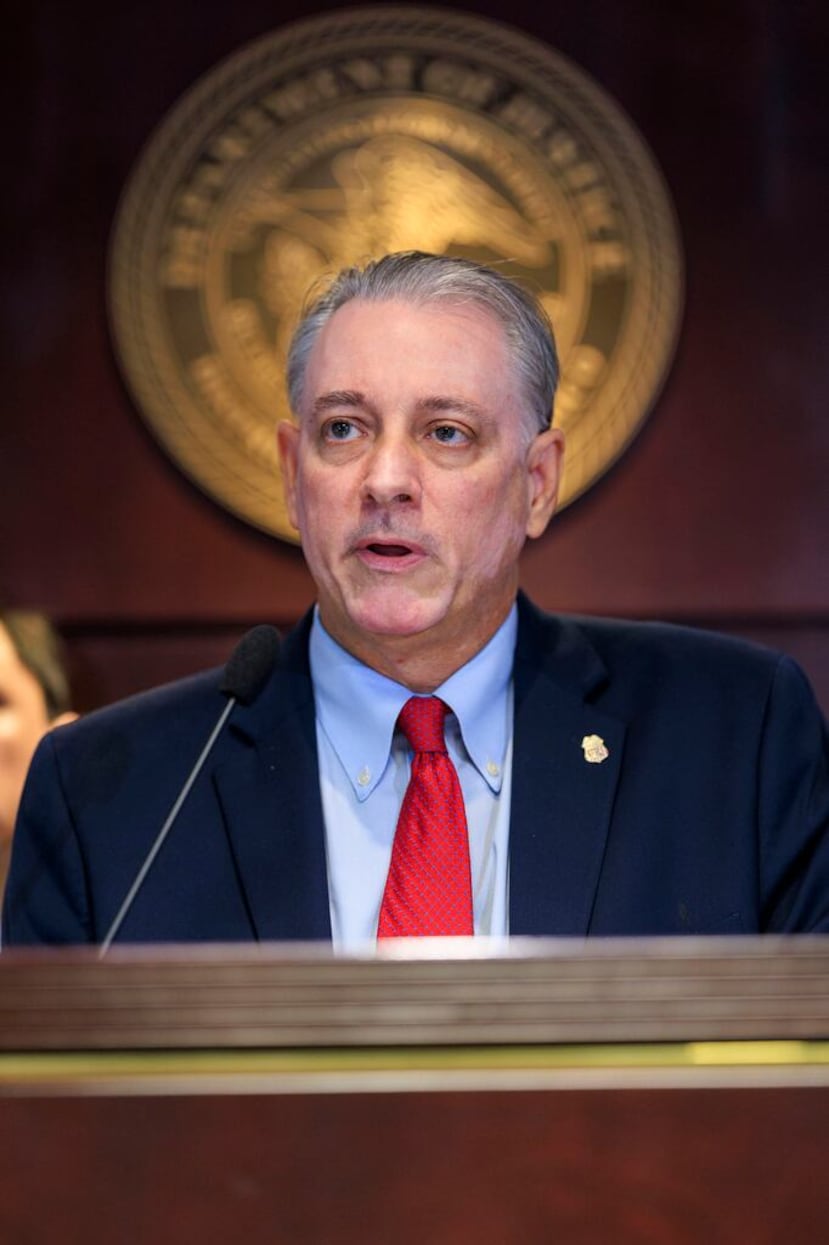
Contenido automatizado
Parcialmente escrito o traducido con información proporcionada por una herramienta de inteligencia artificial.
U.S. Attorney’s Office warns international banks: penalties if they fail to prevent money laundering activities
Muldrow highlights the low number of suspicious activity reports filed this year and reveals that he receives calls from Washington every week about Puerto Rico’s role in the fight against drug trafficking and terrorist activities
Archival note
This content was published more than 3 months ago.

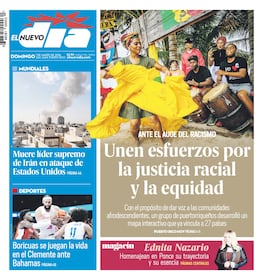
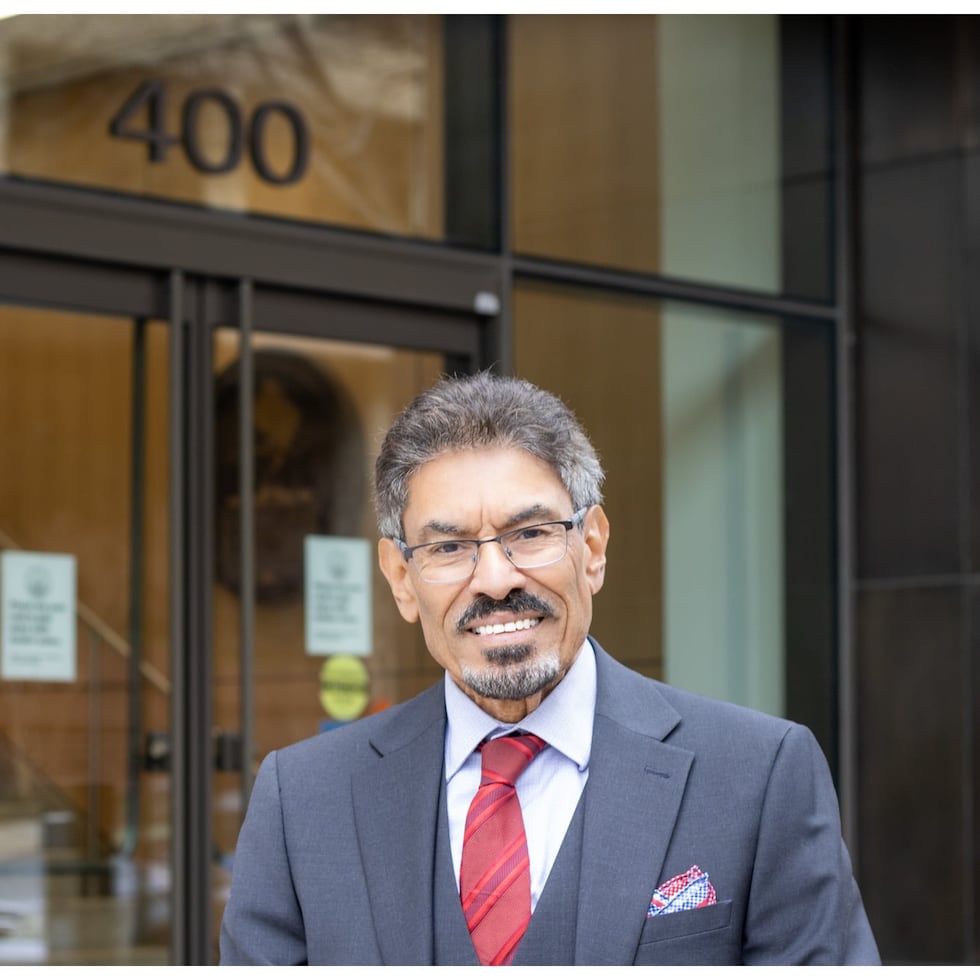
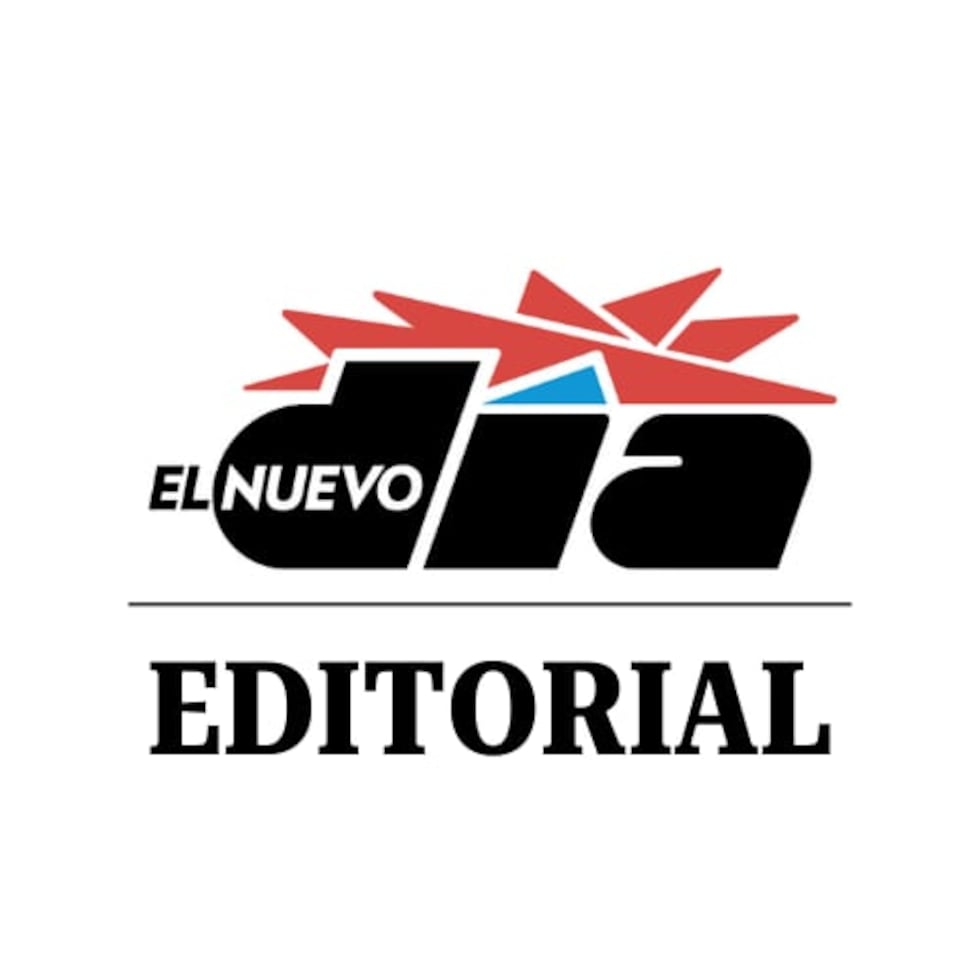
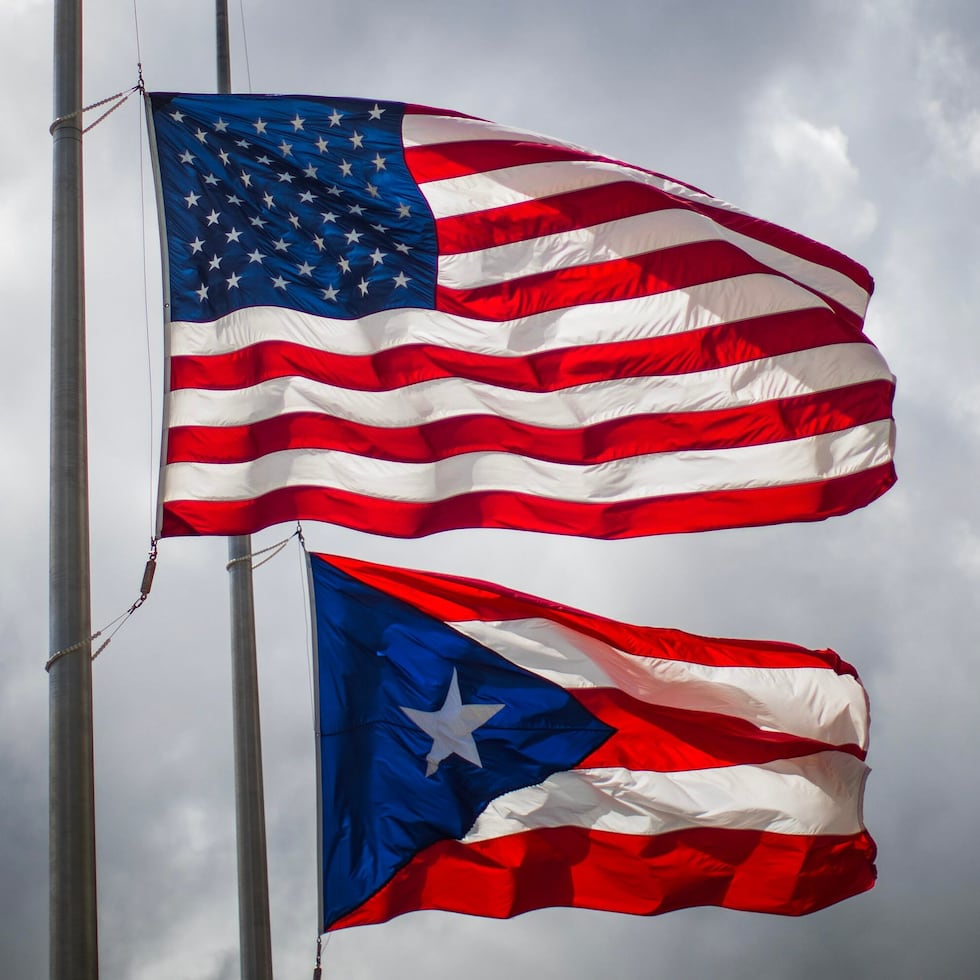
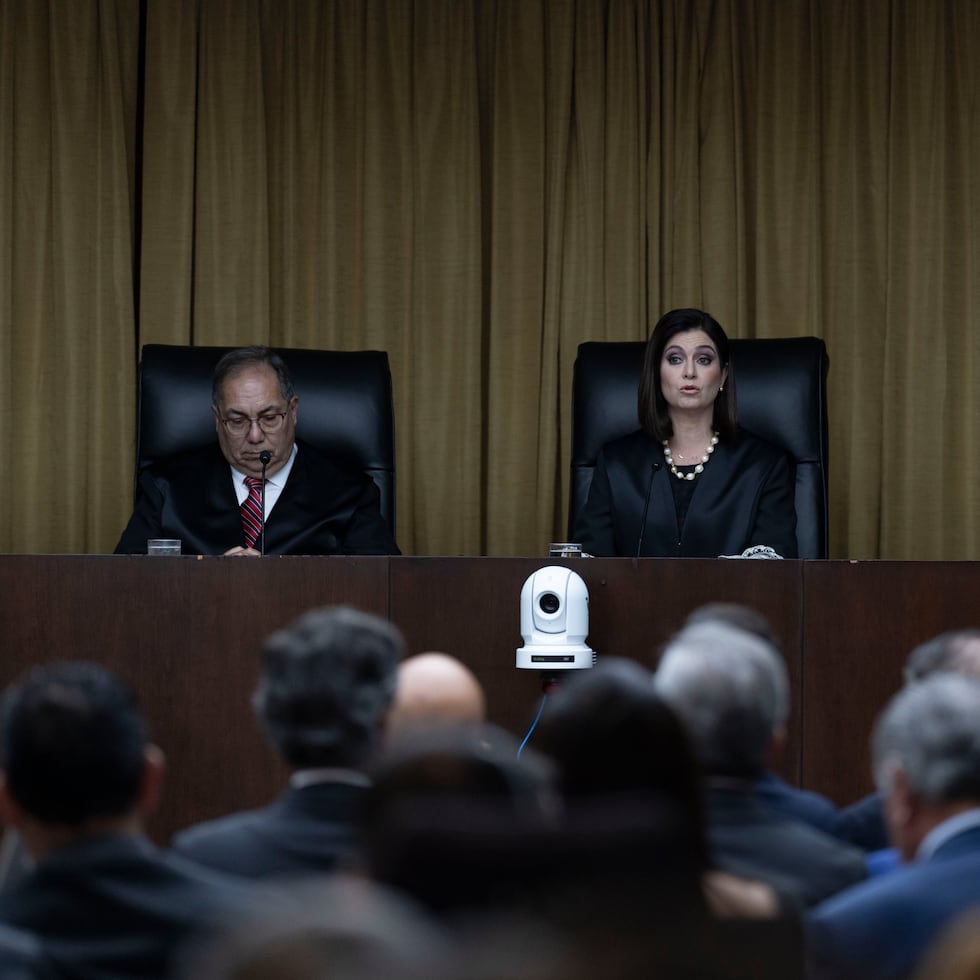
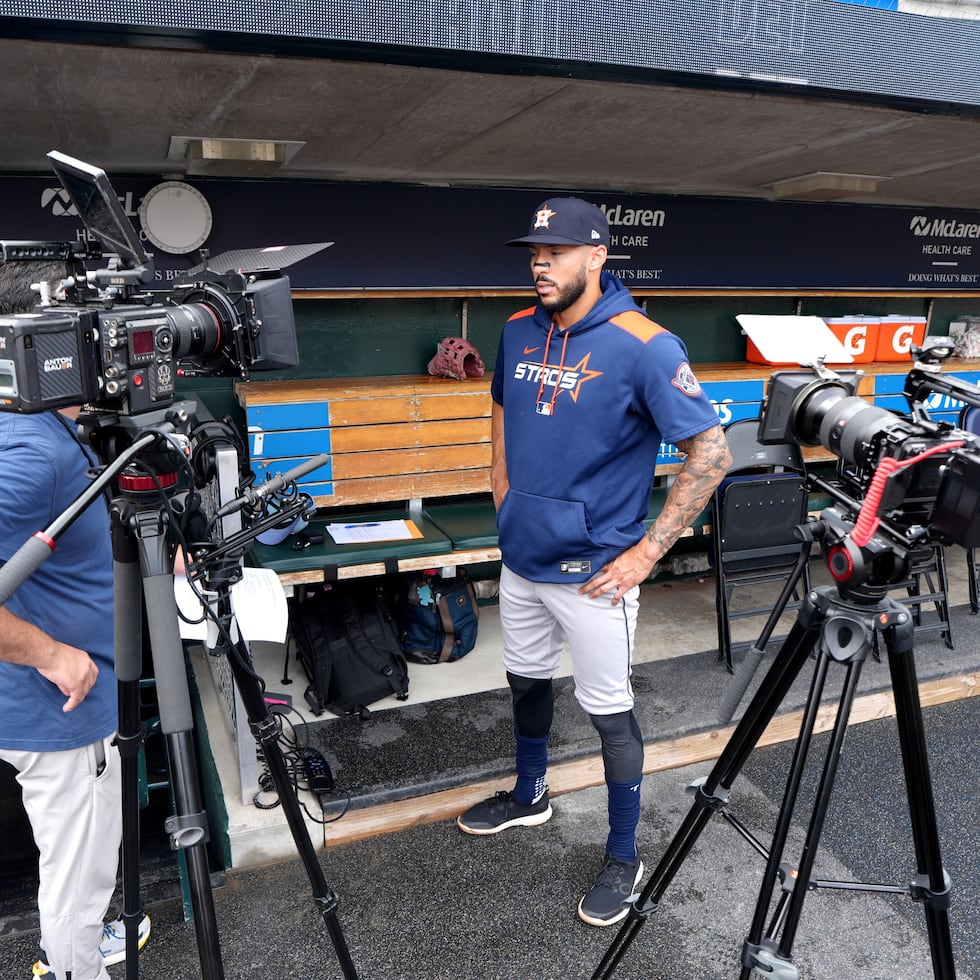
%2Fcloudfront-us-east-1.images.arcpublishing.com%2Fgfrmedia%2FU5QUXWC3F5GQDHO52UEGMBRCLU.png?auth=612970aebccaddfde29323853948a775c18b93fdc017e3b6b756c10ce3d9e1f6&quality=75&width=64&height=64&smart=true)
%2Fcloudfront-us-east-1.images.arcpublishing.com%2Fgfrmedia%2FBG2GHDTR7FGE5IKBCZF7E76QIY.png?auth=66b804e6bebd0db39b15c761da085ecf249e8ea06ab88091e74165f94cf56b7f&quality=75&width=64&height=64&smart=true)
%2Fcloudfront-us-east-1.images.arcpublishing.com%2Fgfrmedia%2FXUI2FWFQK5DPXNPT6V276WHNXQ.png?auth=94eac7e8b922e5a79b71e17f170d9ab270d4ba9e200e4d55f2bd5bd126bcc8c6&quality=75&width=64&height=64&smart=true)
%2Fcloudfront-us-east-1.images.arcpublishing.com%2Fgfrmedia%2FSVA5Y6Z5CFCLDHGVHMWTLQ262Q.png?auth=652b25ed8819b7a890ee2eee9498853e3cd613c6e6f080d9bcdce2321db129cd&quality=75&width=64&height=64&smart=true)
%2Fcloudfront-us-east-1.images.arcpublishing.com%2Fgfrmedia%2FXJHYFGMTXZG2XBEPXGC2KF2MFM.png?auth=c252e7a419c55b996209bd06829dcfeca5a3dbd9bc71cc8d8f5fbe6a4aa74f0f&quality=75&width=64&height=64&smart=true)

